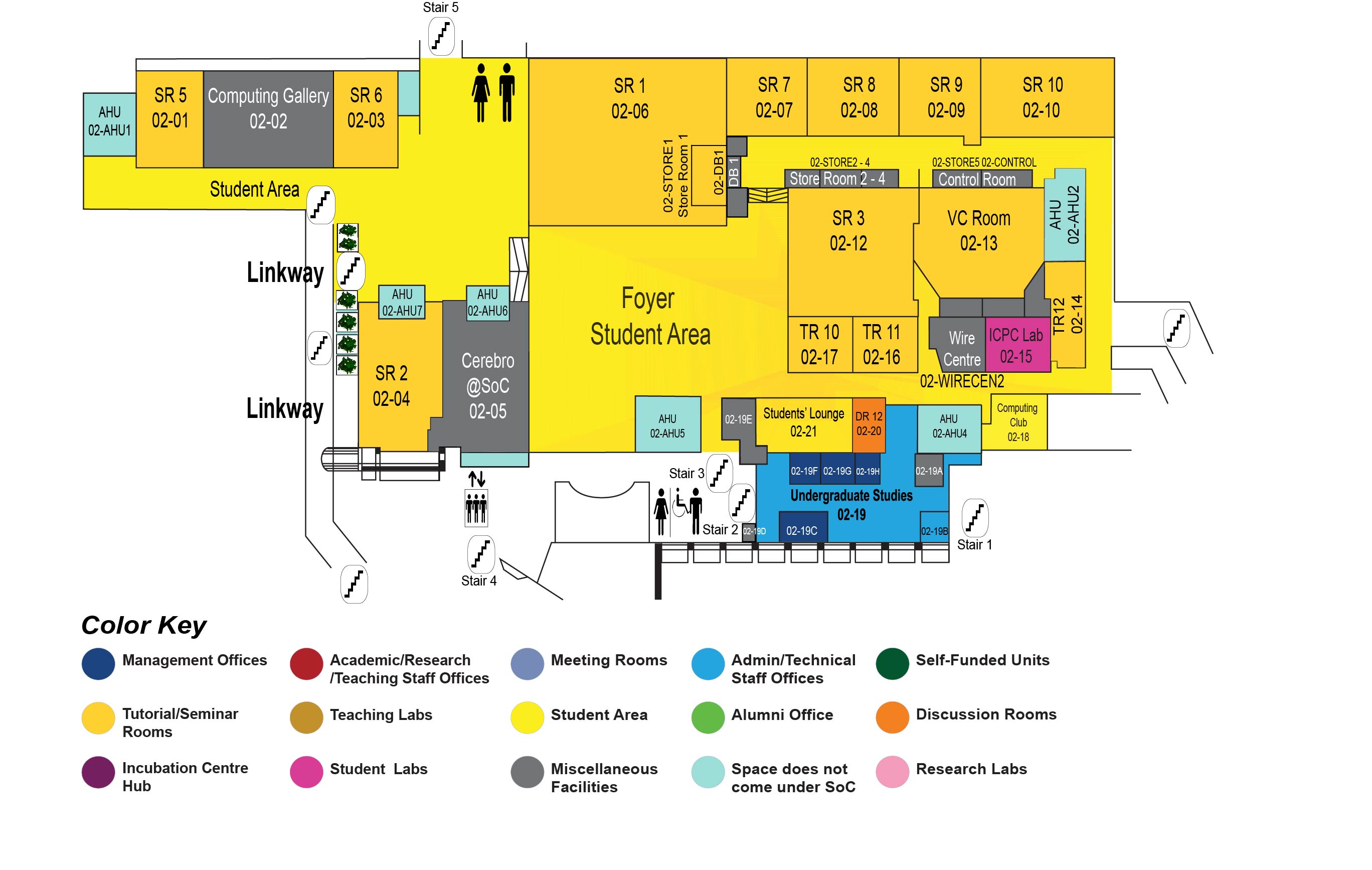Social Media and Well-being: Impact of TikTok on Screentime and Sleep Patterns
COM1 Level 2
SR3, COM1-02-12


Abstract:
In this paper, we investigate the behavioral changes associated with TikTok adoption, focusing on its impact on screen time, nighttime phone usage, sleep patterns, and substitution across other apps. We employ a Difference-in-Differences (DiD) framework leveraging a high-frequency app usage dataset from nearly 7,000 TikTok adopters. Our findings reveal a significant increase in overall screen time—averaging 221 minutes per week for heavy TikTok users and 43 minutes for medium users—following TikTok adoption, alongside notable declines in usage of other social media and gaming apps, suggesting a strong substitution effect. The screen time effects are highest during late night hours. We also observe shifts in sleep patterns, including delayed bedtimes and a moderate reduction in sleep duration, among high-intensity users. We observe no effects for low-intensity users, who engage minimally with TikTok post-adoption. These results underscore the potential impacts of heavy usage of short-form video platforms on well- being. As a side result, our analysis provides clear evidence of substitutability between TikTok and traditional social media platforms, which has immediate implications for ongoing antitrust proceedings.
Bio:
Saharsh Agarwal is an Assistant Professor in the Information Systems area at the Indian School of Business (ISB). His research focuses on the societal impacts of digital platforms and emerging technologies, aiming to contribute to policy discussions in these domains. Professor Agarwal earned his PhD in Information Systems Management from Carnegie Mellon University's Heinz College. His papers have been published or under revision in Management Science, Manufacturing & Service Operations Management, and Information Systems Research.

